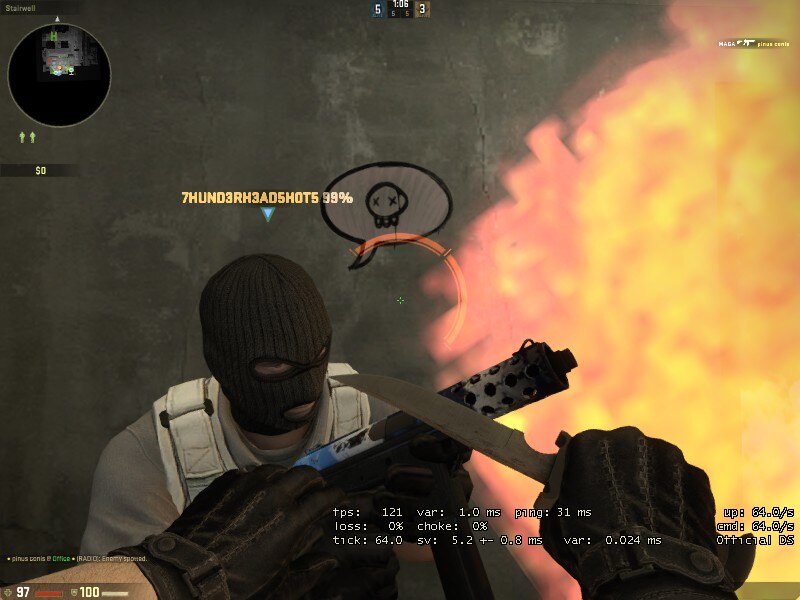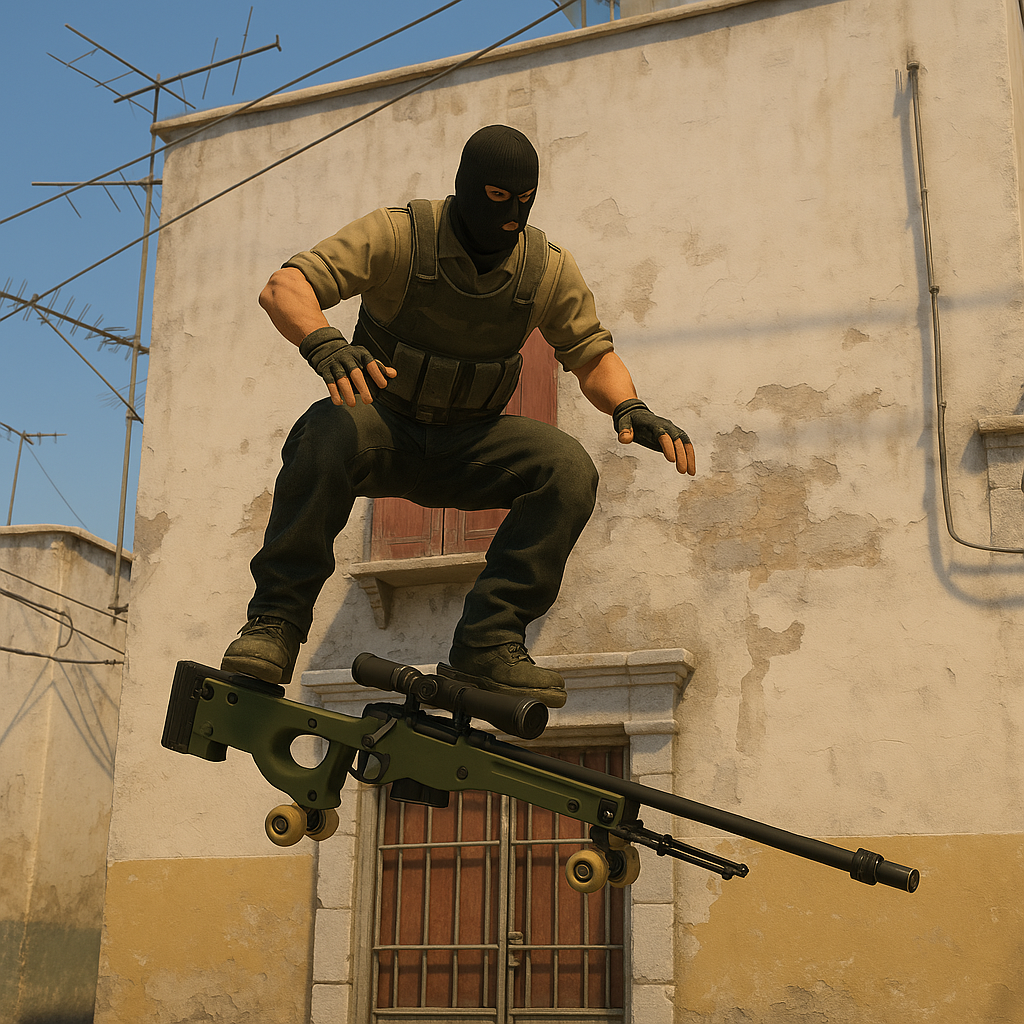Exit-Fragging: Should it be considered griefing?
Introduction:
Counter-Strike, a game celebrated for its competitive gameplay, strategic depth, and team-oriented objectives, has a thriving community of players. However, as with any online community, certain practices have emerged that challenge the spirit of fair play and sportsmanship. One such practice under scrutiny is "exit-fragging," an act that some believe should be considered griefing and potentially a bannable offense.
What Is Exit-Fragging?
Exit-fragging refers to a specific style of play where a player, typically a terrorist, deliberately lingers away from the primary objective areas. Instead, they position themselves in distant locations and focus on obtaining kills that, while they might boost their personal stats, do not significantly contribute to the main goals of the team.
Exit-Fragging Scenarios:
Exit-Fragging can manifest in various scenarios, but the most common examples include:
- Late-Round Kills: A terrorist who, during an already-won round, seeks out additional kills rather than prioritizing the bomb's explosion.
- Rifle Kills in Eco-Rounds: In rounds where the terrorist side has limited funds, a player might opt to use a rifle instead of a pistol, which can jeopardize the team's economy.
Why Some Consider It Griefing:
Exit-Fragging raises concerns for several reasons:
- Team Objective Neglect: Counter-Strike is fundamentally a team-based game. Exit-Fragging diverts a player's attention away from critical objectives like planting the bomb or defending bomb sites, which can hinder the team's overall success.
- Economic Impact: When a player utilizes rifles in eco-rounds, they can drain the team's limited resources, making it harder to compete in subsequent rounds. This can lead to a frustrating cycle of economic disadvantage.
- Frustration and Demoralization: Exit-Fragging can lead to frustration and demoralization among teammates who may feel their efforts are not reciprocated. This can negatively affect team cohesion and performance.
Should Exit-Fragging Be Considered Griefing?
The classification of exit-fragging as griefing remains a matter of debate within the Counter-Strike community. Some players argue that it's simply a playstyle choice and not inherently malicious. However, others contend that it violates the core principles of teamwork and fair play. The question arises: should exit-fragging be considered a bannable offense?
A Balanced Approach:
To address the issue of exit-fragging, it's crucial to maintain a balanced perspective. While some may engage in this playstyle without malicious intent, it's important to consider the overall impact on the team. Encouraging discussions and setting community guidelines can help players understand the importance of teamwork and the main objectives of the game.
In Conclusion:
Exit-Fragging, as a practice that diverts a player's attention from team objectives in Counter-Strike, raises questions about whether it should be considered griefing. It's essential for the gaming community to engage in open dialogue, establish guidelines, and foster an environment that promotes teamwork and sportsmanship. Ultimately, the decision of whether to classify exit-fragging as griefing and a bannable offense should be a collective one, reflecting the values and priorities of the Counter-Strike community.










